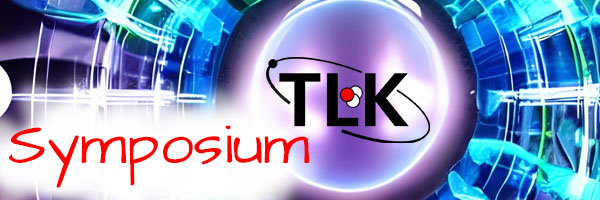Speaker
Description
Metallic Magnetic Calorimeters (MMCs) are low temperature single particle detectors, whose working principle is based on quantum technology. Due to their excellent energy resolution, near linear detector response, fast signal rise time and close to 100\% quantum efficiency, MMCs outperform conventional detectors by several orders of magnitude, making them interesting for a wide range of different applications. The aim of the ELECTRON project is to demonstrate, for the first time, that MMC based detectors can be employed for a high resolution spectroscopy of external electron sources, namely electron-gun, Kr-83m and tritium.
As MMC-based detectors have never been used for measurements of light charged particles, understanding the interplay between the detector and the external electrons is of crucial importance. To this end, electron-gun, which offers a possibility to easily adjust the rate and the energy of the electrons, and Kr-83m, with its well defined spectral lines, will allow for a proper characterisation and calibration of the detectors. Once the detector behaviour is well understood and characterised, newly developed tritium sources will be employed for the first ever measurements of the tritium $\beta$-decay spectrum with a cryogenic microcalorimeter.
Technology and methods developed within the context of the ELECTRON project will pave a way for the next generation neutrino experiments with tritium, employing a differential detector based on quantum technology. Possible future applications include the potential next phase of the KATRIN neutrino mass experiment, aiming at sub-200 eV sensitivity to electron (anti-)neutrino mass, as well as the detection of the cosmic neutrino background.
Undoubtedly, application scope of such technology goes well beyond neutrino physics and will allow for completely new and ground-breaking experiments in both particle and in astroparticle physics.

